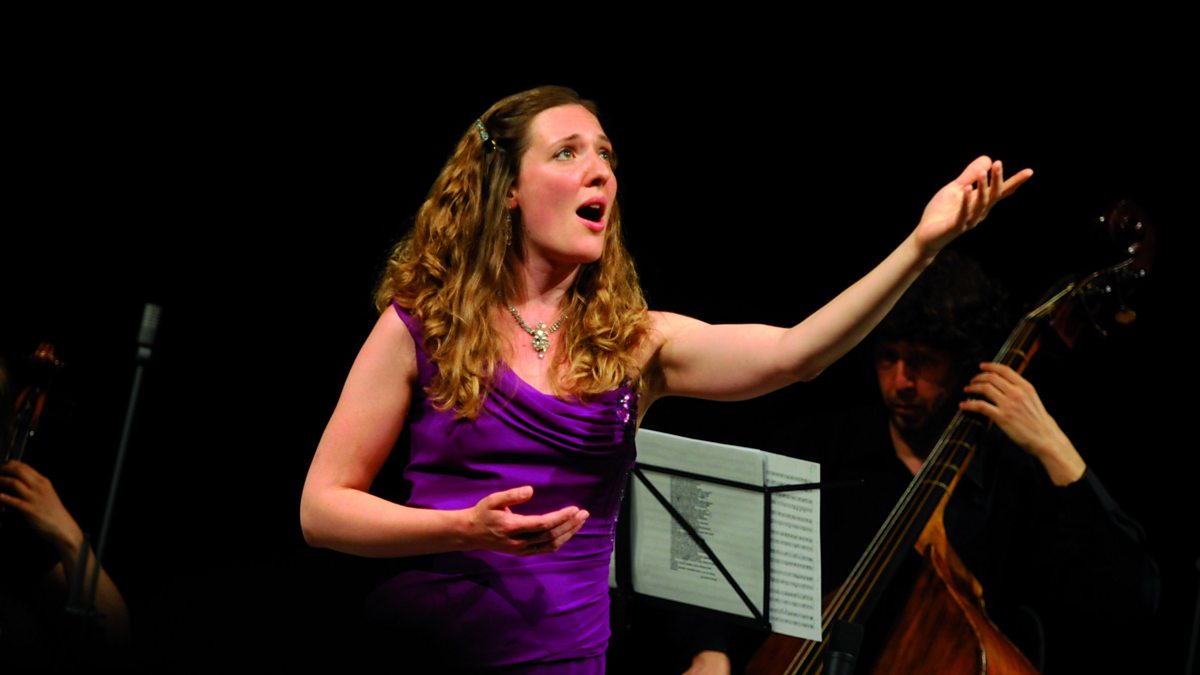Convent, Court and Salon.
Lucie Skeaping is joined by Deborah Roberts, director of the Brighton Early Music Festival Consort of Voices, to talk about the role of women musicians and composers in 17th-century Italian musical life. Amongst these was Chiara Margarita Cozzolani whose double-choir setting of the Vespers we'll hear today in this concert, recorded at the festival earlier this month
Lucie Skeaping is joined by Deborah Roberts, director of the Brighton Early Music Festival Consort of Voices, to talk about the role of women musicians and composers in 17th-century Italian musical life. Amongst these was Chiara Margarita Cozzolani whose double-choir setting of the Vespers we'll hear today in this concert, recorded at the festival earlier this month

Comment